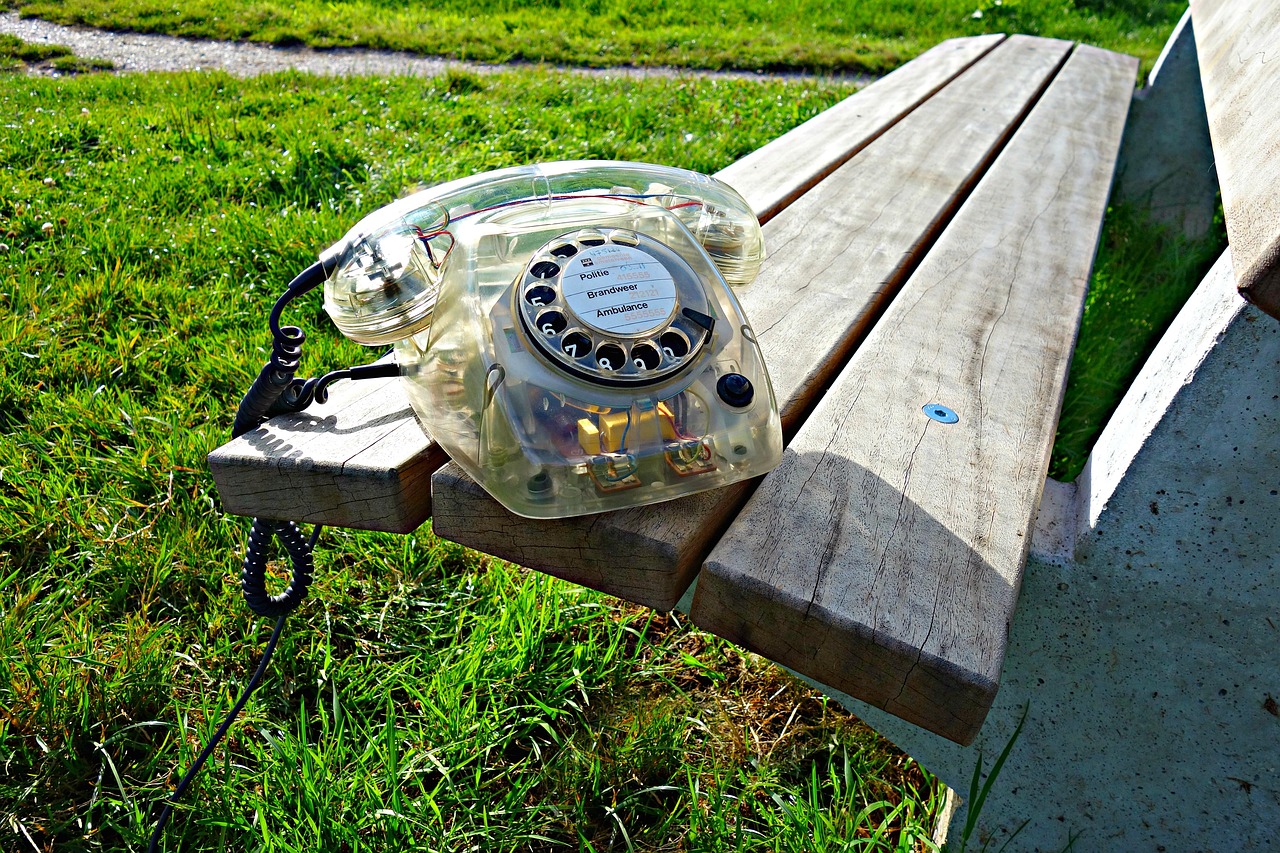Exploring the Potential of Quantum Sensors for Healthcare and Environmental Monitoring
Quantum sensors are cutting-edge devices that leverage the principles of quantum mechanics to achieve unprecedented levels of precision in measuring various physical quantities. These sensors operate on the basis of quantum phenomena such as superposition and entanglement, allowing them to surpass the limitations of classical sensors in terms of sensitivity and accuracy. By exploiting the unique properties of quantum states, quantum sensors can detect extremely weak signals with remarkable precision, making them valuable tools in a wide range of applications.
The development of quantum sensors has opened up new frontiers in fields such as geophysics, healthcare, and information technology. These sensors are capable of detecting minute changes in magnetic fields, gravitational forces, and chemical compositions, enabling scientists and engineers to explore the intricacies of the physical world at an unprecedented level of detail. As quantum technology continues to advance, the potential applications of quantum sensors are expected to expand, paving the way for exciting innovations in areas such as mineral exploration, medical diagnostics, and environmental monitoring.
Understanding the Basics of Quantum Technology
Quantum technology is a revolutionary field that harnesses the principles of quantum mechanics to develop highly advanced tools and technologies. At the heart of quantum technology lies the concept of superposition, where a quantum system exists in multiple states simultaneously until measured. This phenomenon forms the basis of quantum computing, enabling the creation of computers that can solve complex problems at speeds far surpassing classical computers.
Another fundamental aspect of quantum technology is entanglement, a phenomenon where two particles become correlated in such a way that the state of one particle instantly influences the state of the other, regardless of the distance between them. This property is utilized in quantum communication protocols, such as quantum cryptography, which offer unparalleled security for transmitting sensitive information. By exploiting these unique features of quantum mechanics, quantum technology is paving the way for groundbreaking advancements in fields ranging from healthcare and communications to cybersecurity and beyond.
What is quantum technology?
Quantum technology utilizes principles of quantum mechanics to develop new technologies that are more efficient and powerful than traditional technologies.
What are quantum sensors?
Quantum sensors are devices that use quantum phenomena to detect and measure physical quantities with unparalleled precision and sensitivity.
How does quantum technology differ from classical technology?
Quantum technology harnesses the unique properties of quantum mechanics, such as superposition and entanglement, to create devices that outperform classical technologies in terms of speed, accuracy, and efficiency.
What are some potential applications of quantum technology?
Quantum technology has a wide range of potential applications, including quantum computing, quantum cryptography, quantum sensors for medical imaging and environmental monitoring, and quantum communication.
How can individuals learn more about quantum technology?
Interested individuals can explore online resources, attend workshops and conferences, and enroll in courses on quantum technology offered by universities and research institutions.





